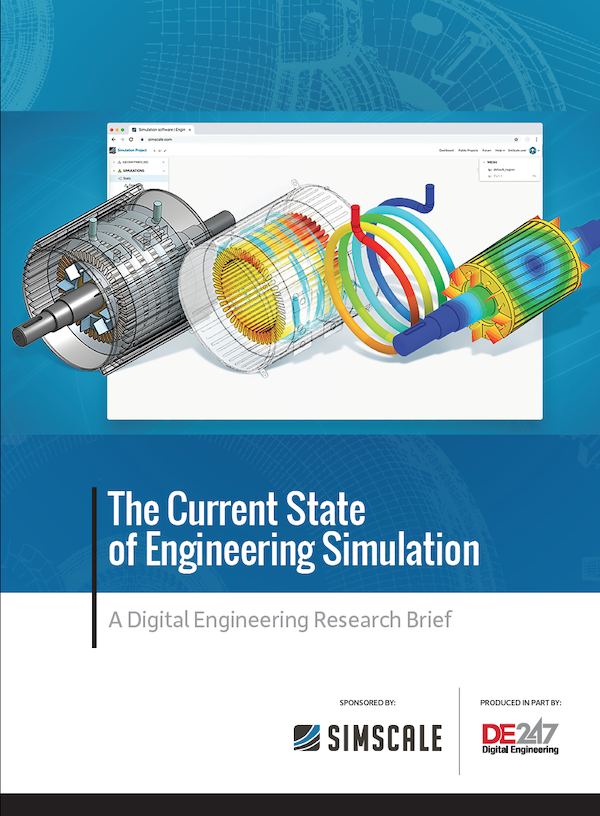Latest News
September 9, 2013
If you live in ski country, you know the 365 days a year sight in any parking lot: A line of SUVs, Subaru Outbacks, and sedans with a Thule cargo box on top. Not only do people use Thules to bring along ski or other outdoor gear, they put in them groceries, summer vacation supplies, gardening tools, and, maybe on a long drive, their surly teenager. Thules have the reputation for being versatile, lightweight, aerodynamic, quiet, and pretty good-looking. But they didn’t get that way out of thin mountain air. Thule puts a lot thought and effort into all its designs. Sometimes, however, even Thule needs an assist. That’s what today’s Check It Out read is about.
 |
“Thule Leverages IMAGINiT’s CFD Analysis Consulting Services to Design a New Cargo Box Line” is a short, two-page document, but it is long on reasons why you might consider a third-party consultancy. The outline here is that the honchos gave the designers the job of creating a new cargo box design. The new Sonic line of boxes had to look great, perform better, set a new industry standard, and generally blow everyone, consumers and competition, out of the water. And—wait for it—the designers had to have it all done in time for the outdoor trade show season, which, of course, is well before the spring sales surge.
So, the team gets cracking. The pressure was on. Schedules were tight and everyone down the production line was watching, so no time could be wasted. Soon, the designers realized that they needed help optimizing the design’s aerodynamics and that meant CFD (computational fluid dynamics) analyses. This is where IMAGINiT’s CFD Analysis Consulting team comes into play. It has lots of CFD experience with aerodynamic applications and thermal simulations for that matter.
Now, as you may have guessed, this story has a happy ending. The Thule design team engineers work closely and collaboratively with engineers from IMAGINiT’s CFD Analysis Consulting team. The insights derived from the IMAGINiT CFD analyses resulted in an optimized design that exhibit a 35% reduction in drag coefficient over Thule’s initial design. And that led to the new Thule AeroNose Design on which the new Sonic line of cargo boxes is based. The Sonic line launched ahead of time to rave reviews.
Good stuff. But the really important thing about this piece is that even a well-established, well-regarded, and highly capable company with an experienced design team can use an expert hand now and then, especially with tricky stuff like CFD. Design optimization is no longer an option. It’s a necessity for effectively competing in today’s markets.
The importance of picking the right collaborator is key to your making spot-on design decisions. The IMAGINiT CFD Analysis Consulting team was able to deliver Thule the simulation services it needed with a tight timeframe. The design was Thule’s and the analyses insights that optimized the design came from IMAGINiT. But the collaboration of experts was from both organizations.
You can read more details about the design and analysis processes of the Thule AeroNose Design project from the link over there. This modest paper is as entertaining in an engineering sort of way to any of you with Thule experience as it is informative to anyone on a design team needing simulation insights.
Thanks, Pal. – Lockwood
Anthony J. Lockwood
Editor at Large, Desktop Engineering
Download: Thule Leverages IMAGINiT’s CFD Analysis Services to Design a New Cargo Box Line
Subscribe to our FREE magazine, FREE email newsletters or both!
Latest News
About the Author
Anthony J. Lockwood is Digital Engineering’s founding editor. He is now retired. Contact him via [email protected].
Follow DE




